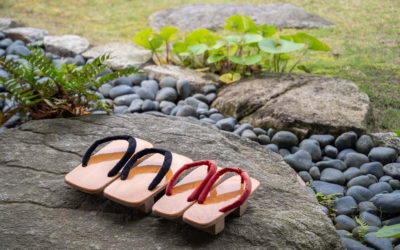Early last month, I was fortunate enough to be able to spend a few days on Bryher, one of the smallest habited islands on the Isles of Scilly, off the coast of Cornwall, England. The islands had been free from Covid-19 and so the inhabitants, as well as those employees who had arrived for the start of the tourist season and before lockdown, had relative freedom on the islands the previous few months without any of the restrictions imposed on the rest of the UK and much of Europe. The islands, however, rely on tourism, most of which is seasonal and from March to October. So, like so much of the hospitality industry, they were keen to reopen.
I arrived on 6 July – for personal rather than business reasons for a change – and staying at the lovely Hell Bay Hotel, a boutique hotel of 20 odd rooms nestled in a cove on the west side of the island.
I was interested to see how the property and the islands were adapting in response to Covid-19. How they had designed the hotel, their processes and activities for distancing, guest comfort and security. How they were creating sense of space, but also physical space. There was a range of dining options. A limited and more flexible menu that catered for more relaxed dining. Breakfast was no longer a buffet. Housekeeping was scheduled with guests for a time when rooms would be empty…
They tailored their offering of hospitality not just to meet government regulations, but also working with the limitations of a very reduced staff – more than half had not been able to arrive for the season. For this reason – and to prioritise guests and maximise the space available for them – it was also closed to non-residents. This was perfect for guests, but must have hit the bottom line hard as the hotel is a popular destination for lunch and dinner for those staying on the other islands.
There was, as always, a real sense of welcome. Even with screens and automatic hand sanitisers, the lounge devoid of magazines and books, the rooms stripped of some of the soft furnishings and throws, the hotel had not lost its friendliness, informality and charm. From the minute of our arrival off the boat, wearing face masks, we were made to feel like family and at home. And this year more than ever, the familiarity and care provided by not just the hotel, but also the local businesses, had new meaning.
With a new young manager in place and the continual development and appeal of boutique hotels, I’m sure there will be changes over the coming years. I look forward to seeing how they evolve the property and define/redefine the brand. How they reinvent and innovate, whilst retaining its quintessential charm. Watch this space!
See my recent articles on the meaning of space in the context of hotels and hospitality.




